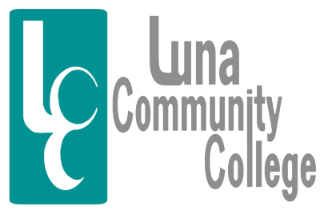The Associate of Applied Science degree in Accounting is tailored to provide students with a comprehensive understanding of accounting principles and practices, preparing them for entry-level positions in accounting, finance, and related fields. Through a blend of theoretical knowledge and hands-on experience, students develop the analytical, technical, and communication skills necessary for success in the dynamic field of accounting. All students should plan their individual programs with their advisors.
Program Learning Outcomes (PLOs)
- Explain the ethics of accounting practices and procedures.
- Apply generally accepted accounting principles, regarding the recording of: assets and liabilities, the use of special journals, merchandise accounting, internal control practices, cash, inventories, plant assets and interest computations.
- Describe the accounting entries for partnership formations, corporations, stocks, dividends, bonds payable, and cash flow statements.
- Apply managerial accounting concepts and principles, manufacturing accounting, planning and control, for business decision-making.
- Be familiar with the capabilities of integrated computerized accounting packages, specifically using QuickBooks to develop Chart of Accounts, manage accounts payable, accounts
receivable, and payroll, and to develop, print, and analyze financial statements.
- Apply legal and mechanical practices in accounting for governmental units and special non-profit organizations.
- Explain payroll tax and employment reports, forms and deposits.
